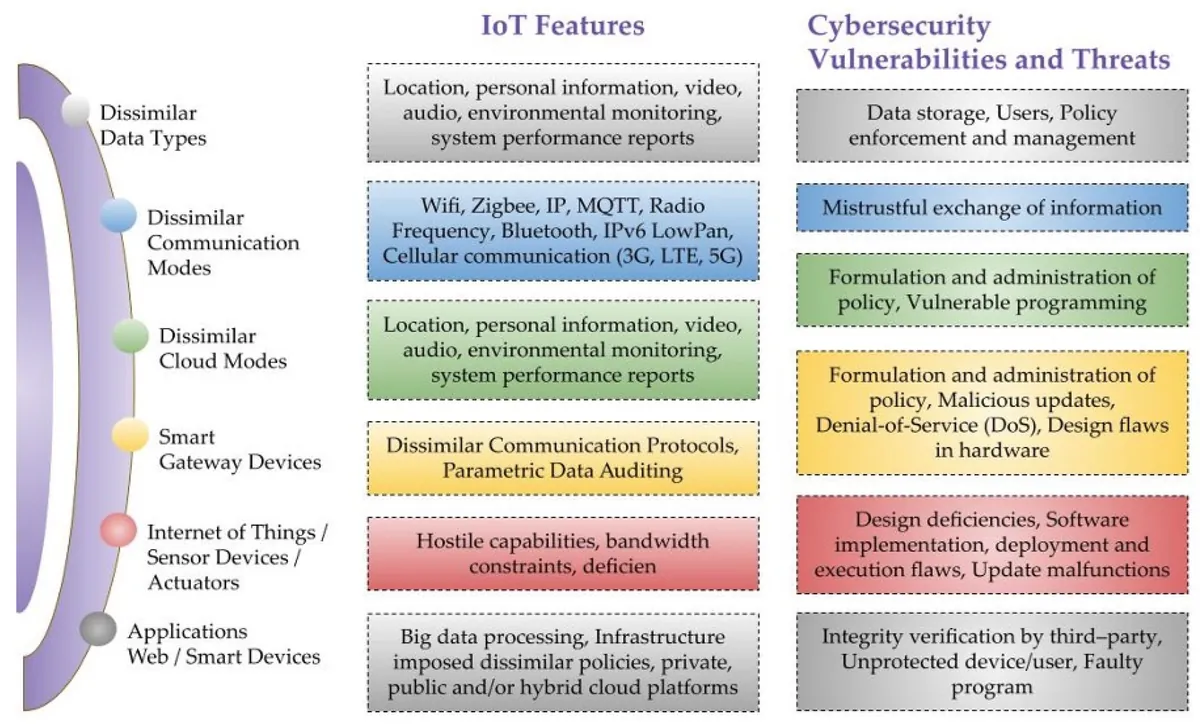In a significant cybersecurity operation, the United States and its allies have successfully disrupted a large-scale Chinese cyber espionage network known as Flax Typhoon. This operation, conducted on 2024-09-11, targeted a botnet comprising 260,000 internet-connected devices, including cameras and routers, which were allegedly being utilized by the Chinese government for surveillance of sensitive organizations worldwide.
The Flax Typhoon botnet, a network of compromised computers controlled by hackers, was reportedly operated by Integrity Technology Group, a publicly traded company in Beijing acting as a government contractor. U.S. authorities obtained a court order allowing the FBI to send commands to the infected devices, effectively detaching them from the network.
This operation follows a similar takedown between December 2023 and January 2024, which targeted another Chinese-affiliated hacker group known as Volt Typhoon. While Volt Typhoon focused on potential disruptive attacks on critical infrastructure, Flax Typhoon's primary objective appeared to be traditional espionage and information theft.
FBI Director Christopher A. Wray addressed the ongoing threat at the Aspen Cyber Summit on 2024-09-18, stating:
"This was another successful disruption, but make no mistake, it's just one round in a much longer fight. The Chinese government is going to continue to target your organizations and our critical infrastructure either by their own hand or concealed through their proxies."
The Flax Typhoon operation targeted various sectors, including corporations, media organizations, universities, and government agencies in the United States and other countries. Wray confirmed that Volt Typhoon had previously breached U.S. telecom companies, as reported by The Post in August 2024.
A joint advisory from the Five Eyes intelligence alliance revealed that nearly half of the infected devices were located in the United States, followed by Vietnam and Germany. Many of these devices were either outdated or lacked manufacturer support, highlighting the growing concerns about Internet of Things (IoT) device security.
The Chinese embassy has disputed the Justice Department's claims, stating that the accusations are groundless and irresponsible. However, cybersecurity experts emphasize the importance of addressing vulnerabilities in IoT devices and improving overall network security to mitigate such threats in the future.
As cyber warfare and espionage continue to evolve, the principle of "least privilege" in cybersecurity becomes increasingly crucial. This operation serves as a reminder of the ongoing challenges in attributing and countering state-sponsored cyber attacks, particularly those involving zero-day vulnerabilities and sophisticated malware.
